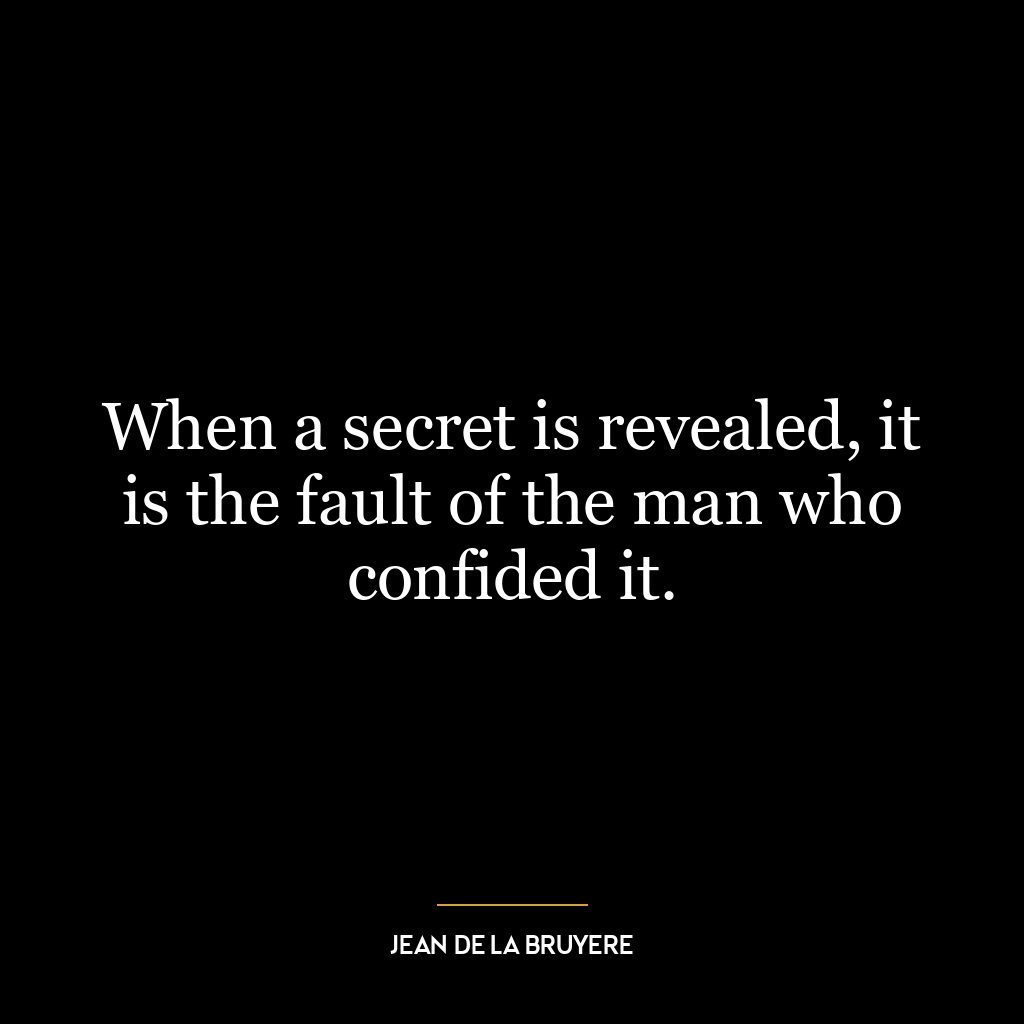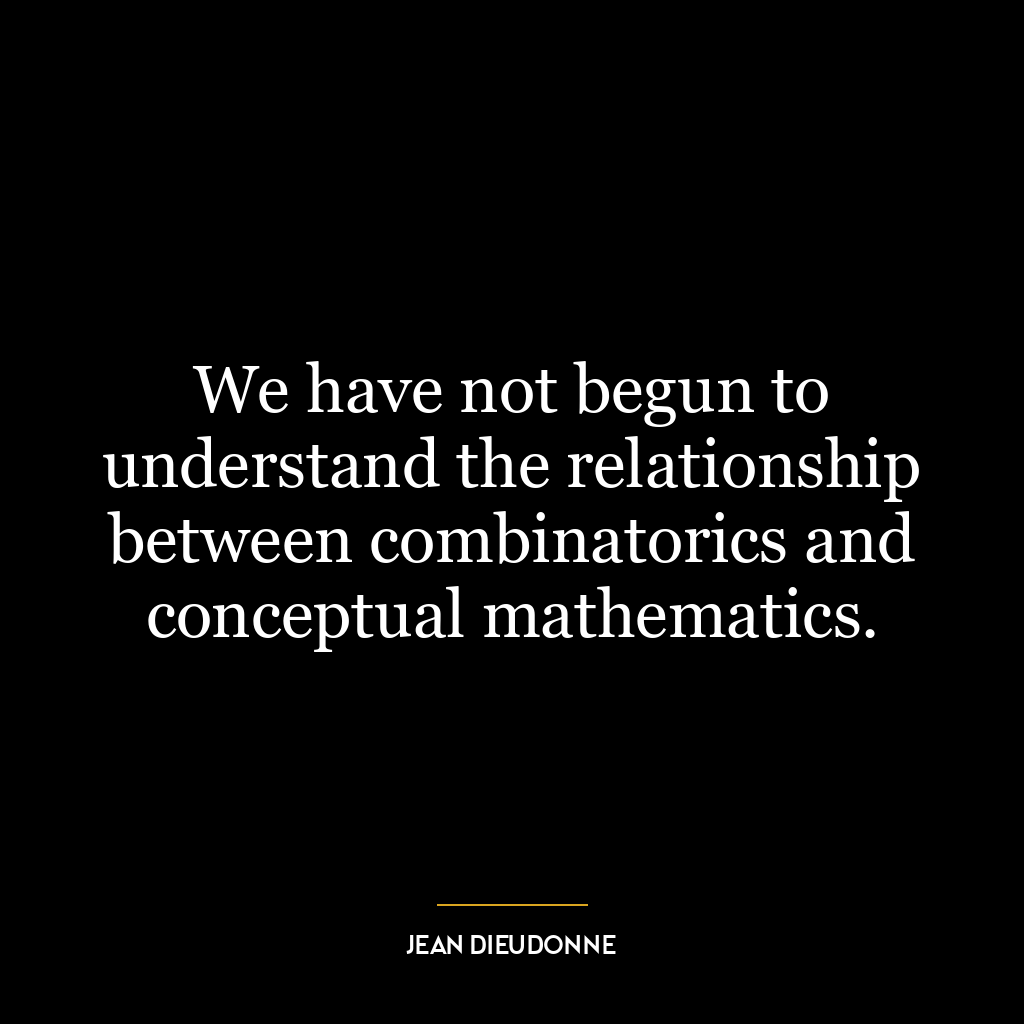This quote suggests that there is a unique burden or responsibility that falls on fathers who have sons. The implication here is that sons inherently present challenges or difficulties that fathers must work to overcome or compensate for. It could be interpreted as the responsibility a father has in shaping his son’s character and values, implying that the task is a significant one that requires immense effort.
The quote could also be hinting at the societal expectations and pressures that are often placed on males. These pressures may stem from traditional gender roles, societal norms, or the father’s personal expectations. Therefore, a father may feel the need to ‘make up’ for these pressures by providing guidance, support, and understanding to his son.
In today’s context, the quote can be seen as a commentary on the evolving role of fathers. In the past, fathers were often the providers and disciplinarians, but today’s fathers are increasingly involved in all aspects of their children’s lives, including emotional support and nurturing. They are expected to help their sons navigate through the complexities and challenges of modern life, which includes breaking down toxic masculinity, promoting emotional intelligence, and fostering respect for all genders.
In terms of personal development, this quote emphasizes the importance of active and conscious parenting. It suggests that fathers should not take their role lightly, but instead, should strive to be positive role models and provide the right guidance to their sons. This could involve teaching them about empathy, respect, and emotional expression, or helping them to develop their own identity and values in a world that often has rigid expectations of masculinity.











